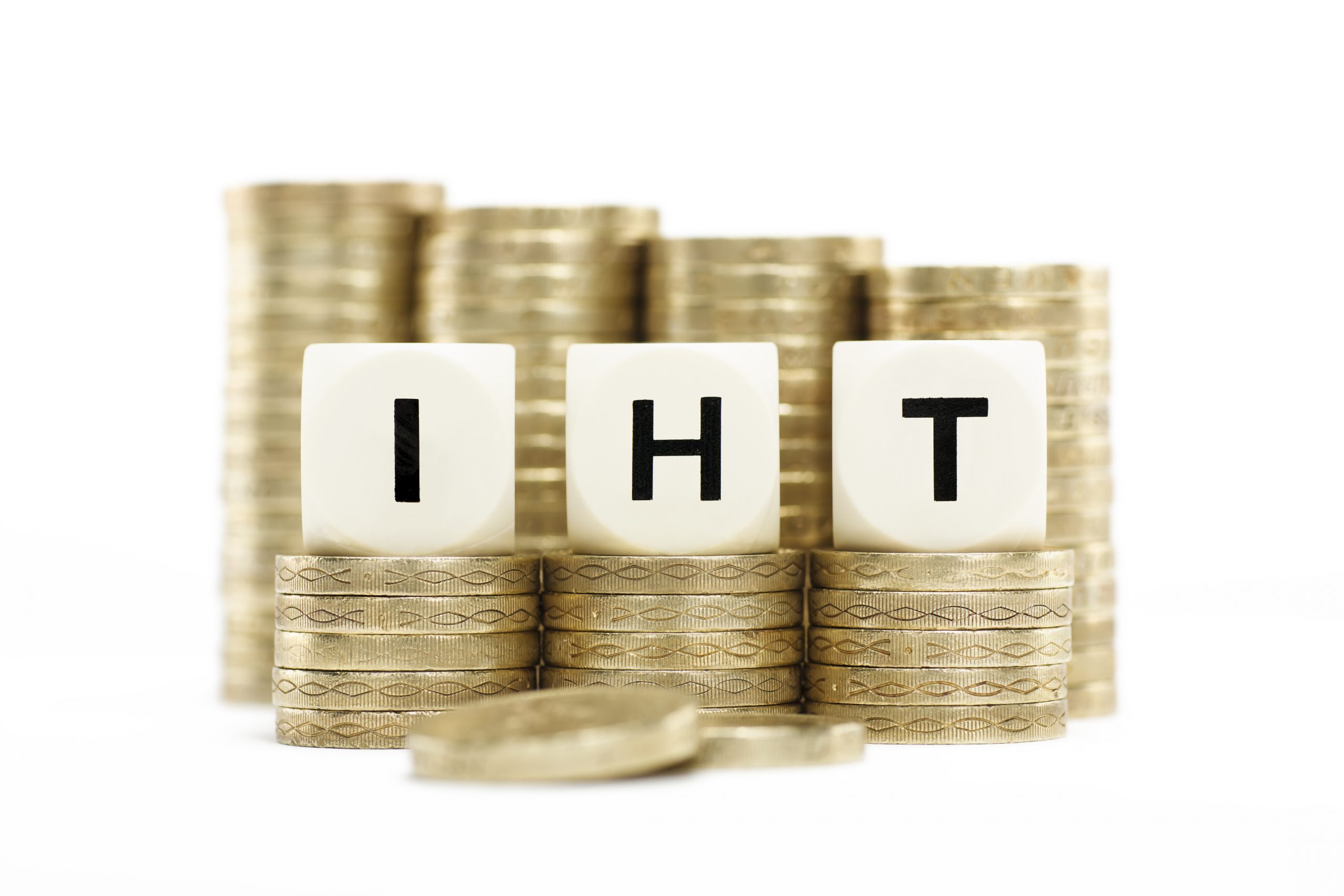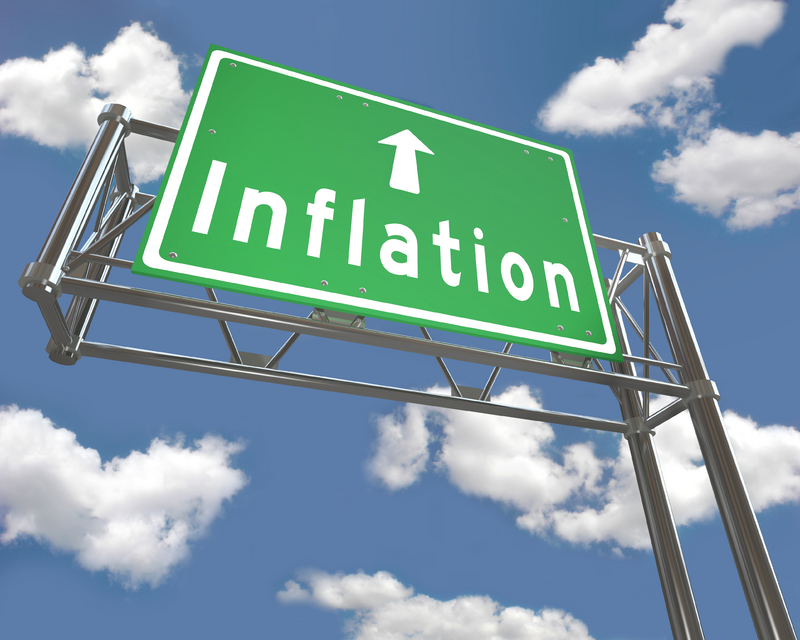
Trump’s victory was confirmed when he surpassed 270 electoral college votes by winning the state of Wisconsin, although he had been declaring victory several hours earlier.
This second Trump term – he previously served as president between 2017 and 2021 – will have a massive impact on global politics and the economy, including in the UK.
At the time of writing, the Republicans also seem to be on track to regain control of the Senate. If the Republicans win the majority in the House, they will be able to make policy initiatives easier to pass through, at least for the first two years of Trump’s mandate, until the next midterms.
US tariffs
The Trump tariffs were protectionist trade initiatives during the Trump administration against Chinese imports.
In his election campaign, Trump repeatedly said he plans to impose an across-the-board tariff of either 10% or 20% on every import coming into the US. The thinking is that by making imports more expensive, goods made in the US will be more competitive and comparatively cheaper.

Wellness and wellbeing holidays: Travel insurance is essential for your peace of mind
Out of the pandemic lockdowns, there’s a greater emphasis on wellbeing and wellness, with
Sponsored by Post Office
But not everyone is convinced tariffs would make life better for US consumers – and they will impact the rest of the world too.
Zehrid Osmani, portfolio manager at Martin Currie – which is a part of Franklin Templeton – said: “A blanket 10-20% implementation of tariffs on all trading partners by a Trump administration, and a minimum of 60% import tariffs on China, would likely be inflationary, both on producer prices and on consumer prices.
“This will, in our view, lead to a more hawkish monetary policy stance by the Fed, all else equal, as well as weighing negatively on consumption and therefore economic growth in general. Many companies are naturally hedged, i.e., align their production bases with their revenue exposures geographically, so the sectors that could be impacted by tariffs would be the ones who have more of their production bases located outside the US market, such as luxury goods, spirits, and high-end luxury car producers. The point to assess on tariffs will be whether Trump follows through with implementing tariffs.”
Currency and investments
The immediate market reaction to Trump’s win has been a strengthening of the dollar, as it jumped by around 1.5% against a basket of currencies, including strong gains against the pound and the euro.
The UK’s FTSE 100 Index of large cap stocks has opened up strongly this morning, which is likely driven by the high exposure to dollar earnings of its internationally focused constituents as this boosts sterling-reported earnings.
Russ Mould, investment director at AJ Bell, said: “The dollar strengthened and 10-year Treasury yields jumped to 4.4% on the assumption that Trump’s policies will stoke inflation and require interest rates to stay higher for longer. That sustained the rally in US Treasuries, which has been in motion since mid-September, when they traded at 3.62%.
“Trump’s desire to cut taxes and make things easier for businesses to operate should, in theory, give a near-term tailwind to US shares, with futures prices implying a strong opening to Wall Street later. The S&P 500 is indicated to open 2% ahead and the Nasdaq up 1.7%.”
Energy and oil prices
Trump’s win could mean higher petrol and energy costs in the UK. His stance on Iran could impact the oil market and affect the UK and rest of Europe.
John Hardy, chief macro-strategist at investment platform Saxo, said: “This is a very murky area, especially as the US has become the world’s largest oil and gas producer in the last 10-15 years. From the US point of view, it is almost entirely self-reliant, as is Canada.
“But oil prices are extremely important for the UK, as it has become far more reliant on imports since the declines in North Sea oil set in about 25 years ago – so far more is at stake for the UK and Europe, and especially China, the world’s largest oil importer.”
Interest rates and inflation
The National Institute of Economic and Social Research (NIESR) said levying tariffs on US imports would result in weaker activity, rising inflation and higher interest rates from the Bank of England.
In the absence of the Trump tariffs, an NIESR forecast predicted the UK economy would grow by 1.2% in 2025 and by 1.4% in 2026. It also predicted that inflation would settle at close to the Government’s 2% target, with the Bank of England base rate falling from its current level of 5% to 3.25%.
But, in light of Trump’s victory, the think tank has predicted the Bank of England would probably have to raise interest rates to counter a rise in prices caused by higher US tariffs. However, it said inflation would still probably rise by between two and three percentage points over two years.




